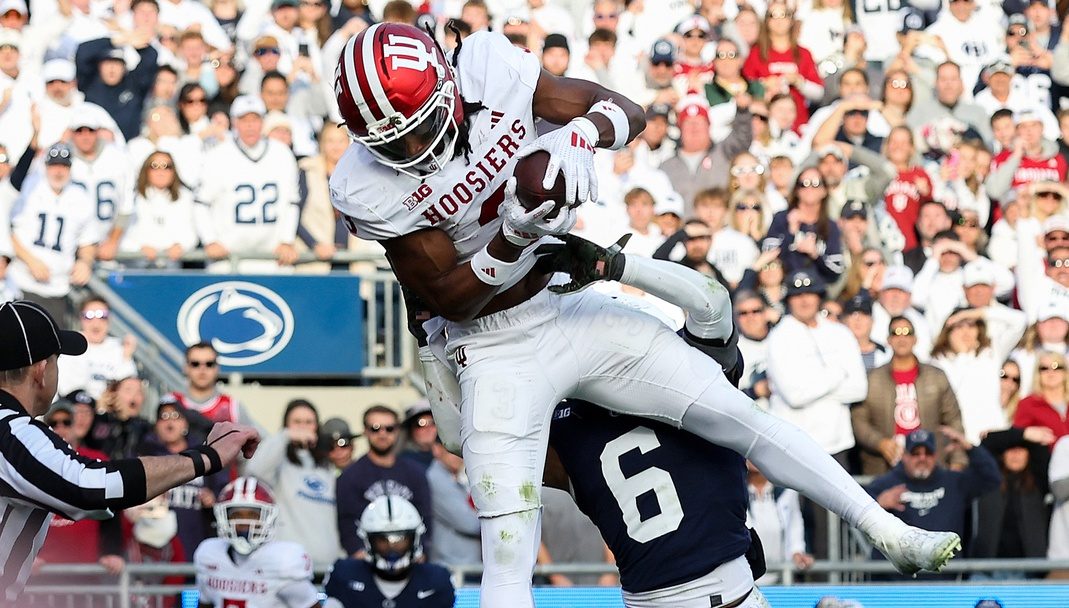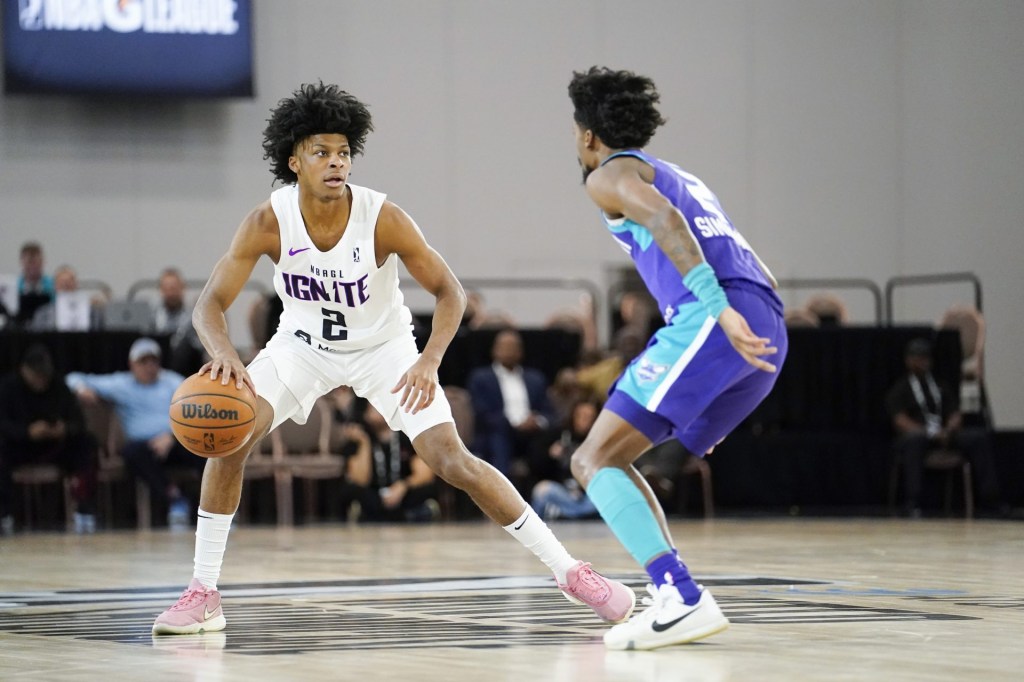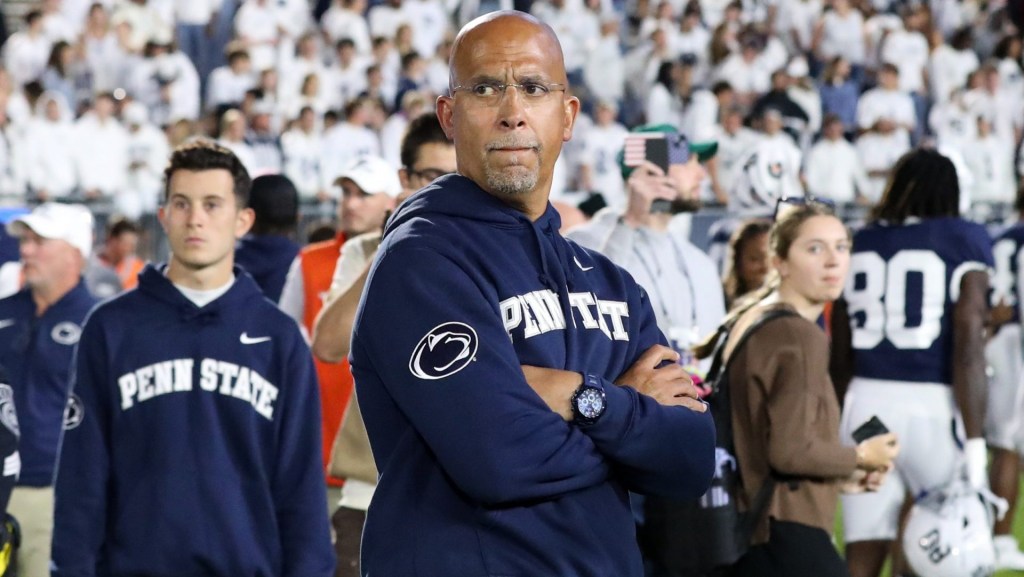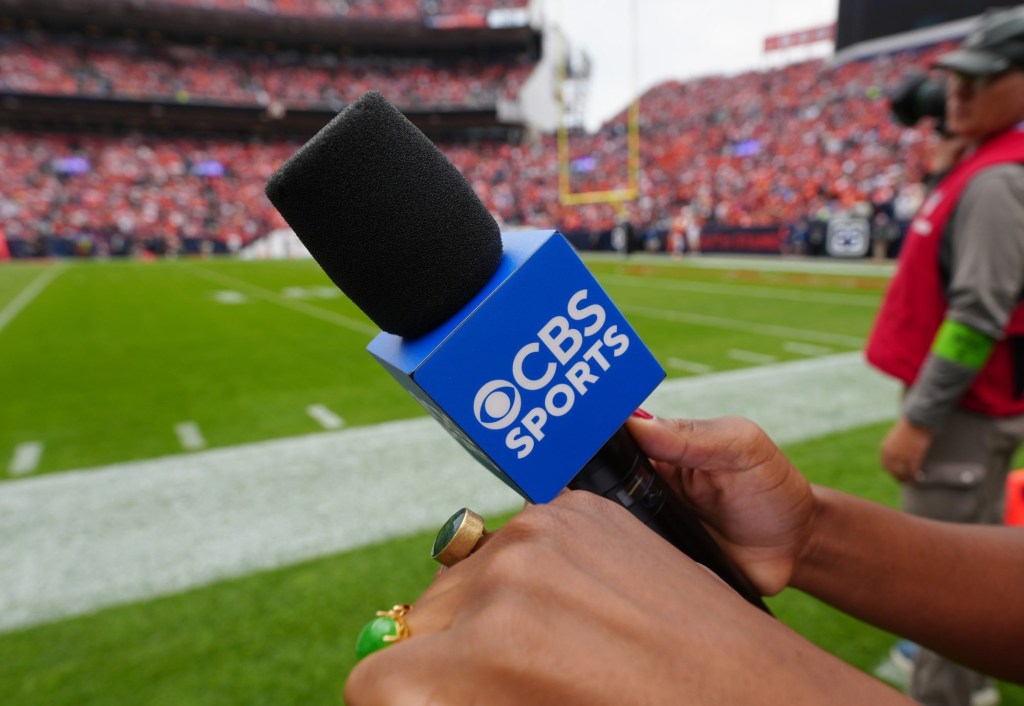In the second weekend of the ongoing Disney–YouTube TV carriage dispute, ABC still had the most-watched college football game of the Week 11 action, as 7.54 million viewers tuned in to Alabama’s 20–9 victory over LSU on Saturday night.
But Fox and CBS had noticeably strong performances, with ABC and ESPN networks unavailable for the No. 4 U.S. pay-TV provider’s 10 million subscribers.
Here were the five most-watched games of the weekend:
- LSU-Alabama: 7.54 million (ABC)
- Indiana–Penn State: 6.02 million (Fox)
- Oregon-Iowa: 5.37 million (CBS)
- Texas A&M–Missouri: 4.87 million (ABC)
- BYU–Texas Tech: 3.98 million (ABC)
Oregon’s 18–16 win over Iowa is the second-largest college football audience for CBS this season, and it helped the network beat ABC in the Saturday 3:30 p.m. ET window for the first time this season, edging out the audience for Texas A&M’s 38–17 victory over Missouri.
The audience for Indiana’s thrilling 27–24 comeback win over Penn State was up 6% from Fox’s noon window viewership average in 2024. The network also drew 2.32 million viewers for Iowa State–TCU, which ranked No. 7 on the weekend, just behind NBC’s 3.2 million viewers for Navy–Notre Dame.
On Saturday night, Fox drew 1.67 million viewers for an Arkansas–Michigan State men’s basketball game and 2.22 million for the Nebraska-UCLA football game.
Inside the Numbers
ABC’s Saturday tripleheader averaged 5.46 million viewers, which is down 12% from 6.22 million for the network’s all-SEC tripleheader of Alabama-LSU, Georgia–Ole Miss, and Florida-Texas in Week 11 in 2024.
ESPN’s trio of games Saturday averaged 1.41 million viewers:
- Georgia–Mississippi State: 2.3 million
- Syracuse-Miami: 1.2 million
- Wake Forest–Virginia: 734,000
That average is down nearly 35% from the 2.16 million viewers ESPN averaged for its three games in the same time slots last season in Week 11 (Miami–Georgia Tech, Clemson–Virginia Tech, and Mississippi State–Tennessee).
Both ABC and ESPN comparisons are using Nielsen’s Big Data + Panel figures for this season’s games, and Nielsen’s panel-only figures for the 2024 games (which were the standard reporting method last year).

















